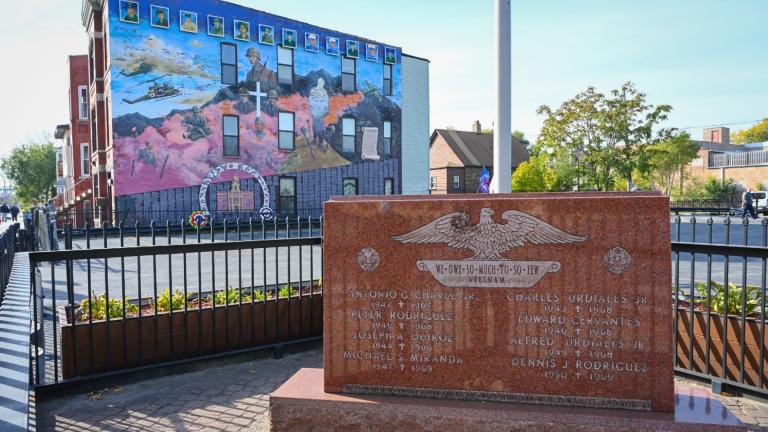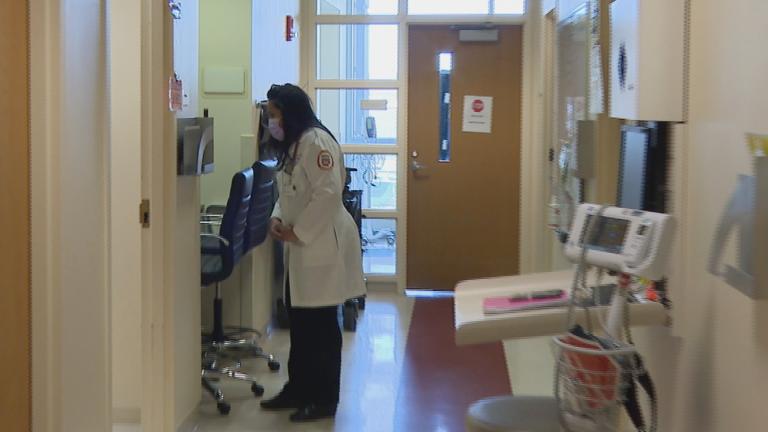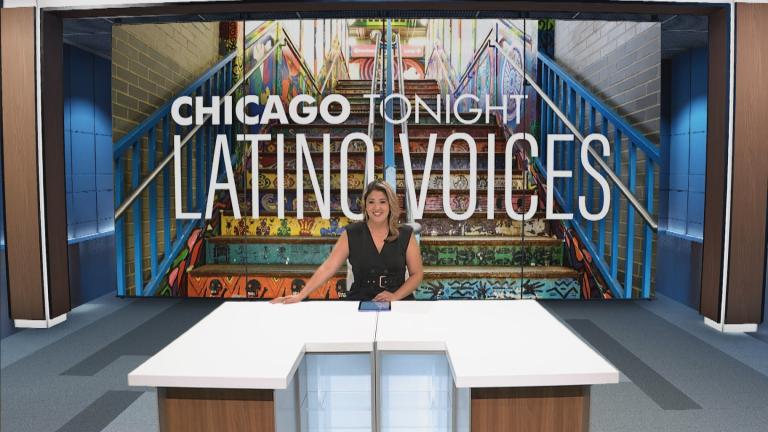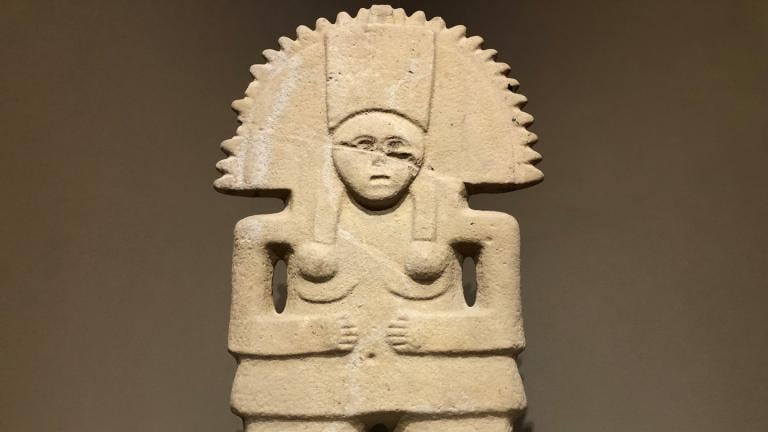More than 19,000 migrants have been sent to Chicago from the southern border in the last year and at least 3,100 are currently sleeping at police stations across the city and O’Hare Airport.
The ongoing crisis has strained city and community organizations’ resources while also frustrating community members who have long called for access to those same resources.
A delegation of local leaders and community groups recently visited the border and the Texas cities of El Paso, San Antonio, McAllen and Brownsville. The group was not joined by Mayor Brandon Johnson, who said he changed his plans to lead the delegation to focus on the crisis in the city.
Ald. William Hall (6th Ward) was one of the officials who made the trip. He painted a stark picture of what they saw.
“At the border, the reality is thousands of people are coming from all across the world seeking asylum,” Hall said. “The reality is they are going to base camps that are ran by Homeland Security. And the reality is you have children with no parents that are just left due to parents dying in the plight to get asylum. And what you also see is compassion.”
Cristina Pacione-Zayas, Johnson’s first deputy chief of staff, was also on the trip. She said one of the group’s biggest takeaways was the difference in operations that happens in Chicago versus the border. She explained that many of these cities just serve as a processing point for migrants. From the time they enter the country, migrants are on their way to their destination city within 72 hours.
Despite the differences, Pacione-Zayas said collaboration is still needed.
“We have to join forces with the border cities with the border states to really come together and advocate at the federal level, with respect to understanding that there’s a different type of funding formula that needs to be applied here, and that this is ultimately a federal responsibility,” she said.
The state of Illinois is also communicating with the federal government to ask for additional resources from the federal government, according to Dulce Quintero, secretary of the Illinois Department of Human Services.
Nonprofit groups also work alongside government organizations to provide migrant support.
Ellen Miller of the National Immigrant Justice Center said pro bono legal assistance is helping migrants navigate the asylum process, work authorizations, the court system and more. But their work is also impacted by federal policies.
Moving forward, the delegation is looking to act on their findings. Pacione-Zayas said in their partnership with border cities, they will now be able to better forecast the amount of migrants which will assist with planning for resources or shelter for migrants.
“With respect to how we are welcoming people, we are continuing to do what we initially always said we were going to do, and that is to resettle,” Pacione-Zayas said. “To help people get onto a path of self-sufficiency, self-determination, and self-resilience.”








